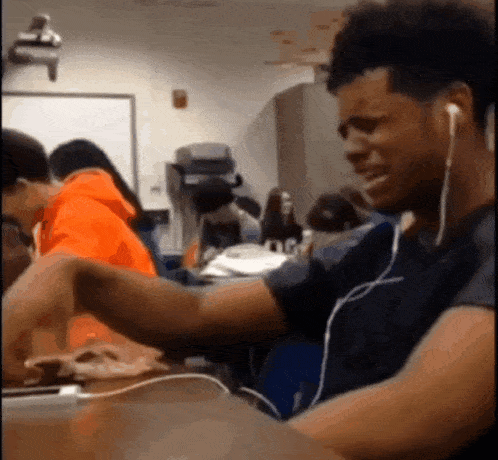Amid rising tuition and living costs, more students than ever at one prestigious university are turning to government assistance to find their next meal.
Since the beginning of this year, more than 500 University of California, Berkeley students have applied for food stamps. In the previous year, only 111 students had applied. In 2015, that number was just 41, according to a SFGate report. Thousands more students visit a campus-based food pantry each month to grab free basics like milk, cereal, and canned vegitables to tide them over when their money is low.
California’s food stamp program, known as CalFresh, can provide up to $192 per month to approved applicants, which helps many avoid having to go hungry. In order to qualify for the program, students must be U.S. citizens, maintain a monthly income below the program’s threshold (often $1,980), attend school at least half-time, and work at least 80 hours per month.
The need for assistance in procuring food is just another example of the crippling financial burden many students encounter before they even enter the workforce, where they’re often saddled with loan debt. Currently, the average loan balance for Americans in their 20s is $22,135.
A recent survey of students in the University of California system found that 19% claim to eat too little due to “limited resources,” while an additional 23% admitted to regularly eating substandard food for sustenance. In 2014, state legislators passed AB1930, which made food stamps more accessible to students through reduced documentation requirements.
While the increase in food stamp applications is indicative of the rising costs facing students at state-funded universities, California has taken steps to ensure that those in need will have access to the assistance programs available. In response to the problem, the California State University system is outfitting all 23 of its campuses with the infrastructure to accept food stamps from students and help them apply for benefits.
















 A young teen cries while listening to music via
A young teen cries while listening to music via 
 A young couple waits in line at a coffee shopCanva
A young couple waits in line at a coffee shopCanva Gif of Eddie Murphy telling you to think
Gif of Eddie Murphy telling you to think


 Volunteers who drive homeless people to shelters talk with a person from Ukraine in Berlin on Jan. 7, 2026.
Volunteers who drive homeless people to shelters talk with a person from Ukraine in Berlin on Jan. 7, 2026.
 Tasks that stretch your brain just beyond its comfort zone, such as knitting and crocheting, can improve cognitive abilities over your lifespan – and doing them in a group setting brings an additional bonus for overall health.
Tasks that stretch your brain just beyond its comfort zone, such as knitting and crocheting, can improve cognitive abilities over your lifespan – and doing them in a group setting brings an additional bonus for overall health. Overdoing any task, whether it be weight training or sitting at the computer for too long, can overtax the muscles as well as the brain.
Overdoing any task, whether it be weight training or sitting at the computer for too long, can overtax the muscles as well as the brain.
 Leonard Cohen performs in Australia in 2009.Stefan Karpiniec/
Leonard Cohen performs in Australia in 2009.Stefan Karpiniec/  Enjoying a sunset.Photo credit
Enjoying a sunset.Photo credit